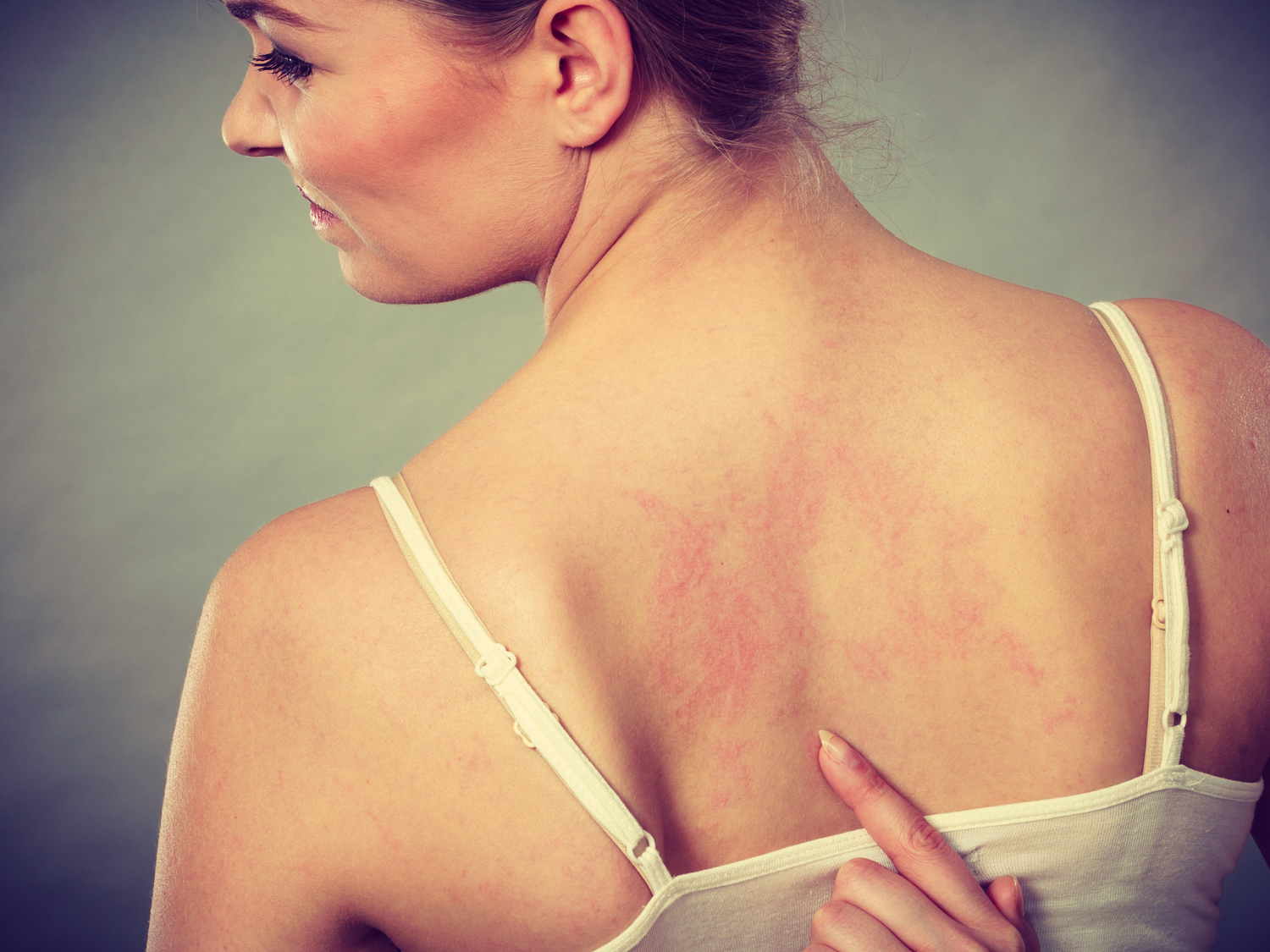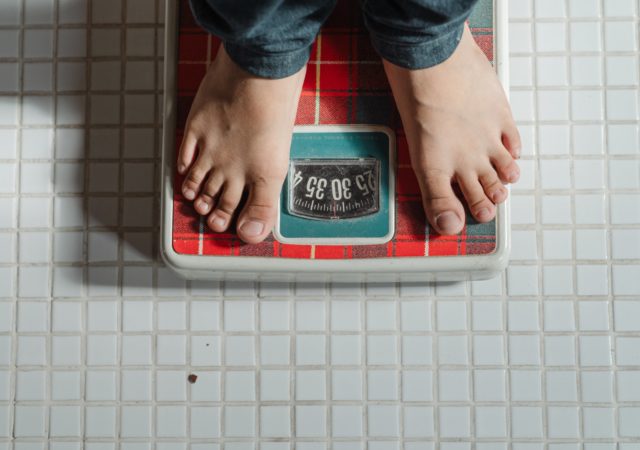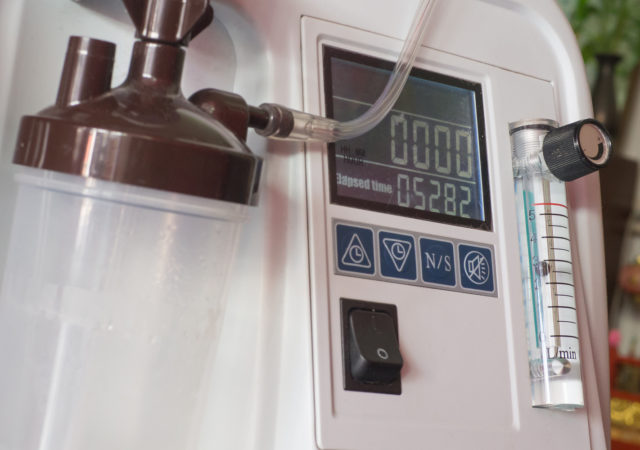What Is Psoriasis?
Psoriasis is classified as an autoimmune disease that affects your skin. An autoimmune disease causes the immune system to attack your own body. Psoriasis causes your skin cells to multiply too rapidly. This faster life cycle of the skin cells causes various symptoms which will be visible on your skin such as scaly & silvery lesions, red rash patches, and areas of pus-filled sores. The symptoms you show depends on the type of psoriasis you have been infected with. Inverse psoriasis is one of the many types of psoriasis.
What Is Inverse Psoriasis?
Inverse psoriasis is sometimes also called as hidden psoriasis or intertriginous psoriasis. It affects your skin folds i.e. areas of your body where the skin rubs against the skin such as under your arms, under a woman’s breasts, in the groin or inner thigh area. People infected by inverse psoriasis often have another form of psoriasis as well, like plaque psoriasis, on other parts of their body.
What Causes Inverse Psoriasis?
Inverse psoriasis is caused by an abnormality in your immune system similar to any other autoimmune disease. Moisture (in the form of sweat) and constant friction triggers the symptoms of inverse psoriasis. You have a higher rate of risk of developing inverse psoriasis if you are overweight and if you already have psoriasis. Extra body weight helps in producing excess skin and has deeper skin folds.
Treatments
Topical treatment: Topical creams are the first-line of treatment for inverse psoriasis. It is a medication that you rub into your skin. This helps to reduce inflammation and discomfort in the affected and sensitive areas. Topical medicines are usually used in the morning post-shower and again, right before you sleep at night.
Phototherapy: People with moderate to severe inverse psoriasis can opt for phototherapy treatment. Phototherapy is nothing but the medical term for light therapy. A form of ultraviolet light namely, UVB rays can slow down the growth of skin cells effectively in some people with inverse psoriasis. During phototherapy, your psoriasis can temporarily get a little worse before it starts getting better.
Systemic drugs: If your inverse psoriasis isn’t getting better with topical phototherapy and medications, your doctor might prescribe you some systemic drugs. These medications are supposed to be taken either by mouth or injection. Biologic is one type of systemic drug that changes the way your immune system works. Biologics use proteins to block the response of your immune system, preventing it from attacking your body.








